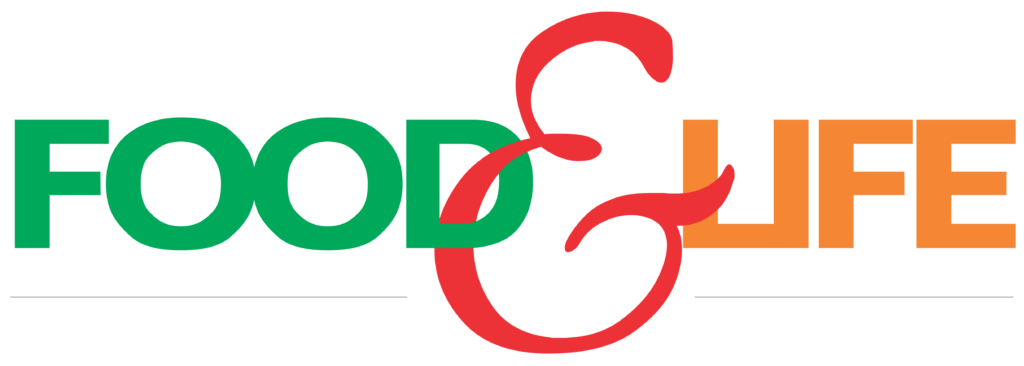For all the avid coffee-drinkers out there, there’s good news – your morning brew could possibly be benefiting you beyond a mere boost of energy! For me personally its good news as I cannot live without a strong latte in the morning! Coffee contains polyphenols, which may help preventing certain diseases, and cafestol, which is an anti-inflammatory.
Despite the entire buzz about whether or not consuming coffee is good for us, research has shown that having moderate levels of coffee is actually beneficial for our health. It has proven to improve moods, memory, vigilance and general brain function. Coffee also contributes to physical performance, but that’s not all. There’s more.

- lower the risk of gallstones,
- Improve cognitive function
- Reduce the risk of Parkinsons disease
- Reduce the risk of Alzheimers disease (some medical studies have claimed up to by 65%)
However, despite all the benefits, we can’t simply disregard the disadvantages of high coffee consumption. Caffeine is a stimulant to our bodies, which can cause mild physical dependence over time. Simply put – coffee can be addictive. And it has a darker side.
There’s no doubt that caffeine helps us stay alert. However, at higher doses, the same effects of this stimulant may lead to anxiety and nervousness. It can also set you up for headaches, fatigue, irregular bowel movements, dehydration, increased heart rate and high blood pressure. Beverages and processed foods these days have added or hidden caffeine in them, which adds to the overall consumption of caffeine. So excess caffeine consumption is obviously not advisable.
Much medical research would endorse a low-medium level consumption of around 100-200 mg of caffeine daily is absolutely safe – even beneficial. So you can indulge in 2-3 cups of your favourite coffee every day. However, filter coffee is beneficial over instant coffee, as instant coffee contains more than twice the amount of Acrylamide which is a potentially harmful chemical that forms when coffee beans are roasted
References:
https://www.healthline.com/nutrition/why-is-coffee-good-for-you#section7
https://www.webmd.com/food-recipes/features/pros-and-cons-caffeine-craze#1
https://www.health.harvard.edu/press_releases/coffee_health_risk
